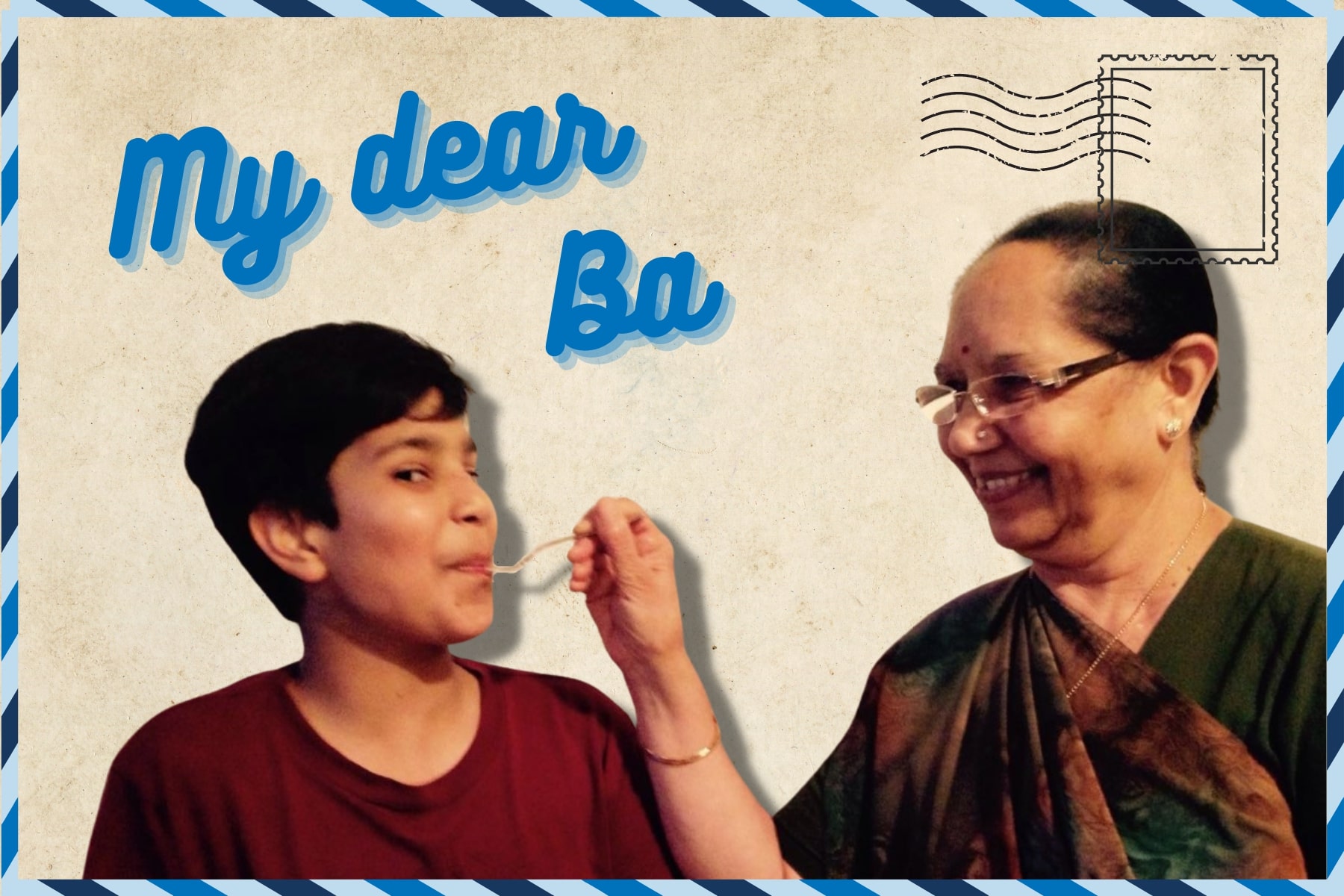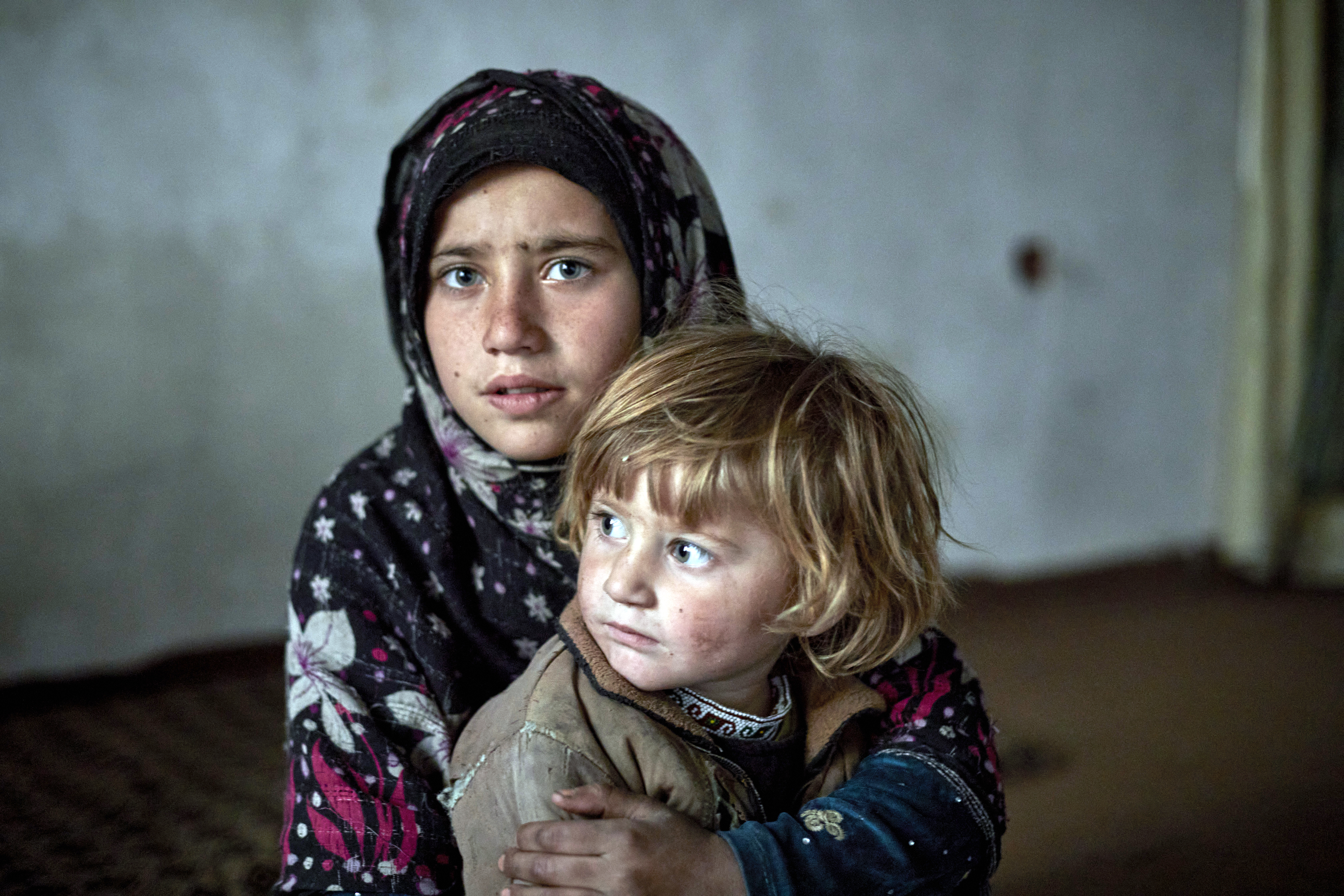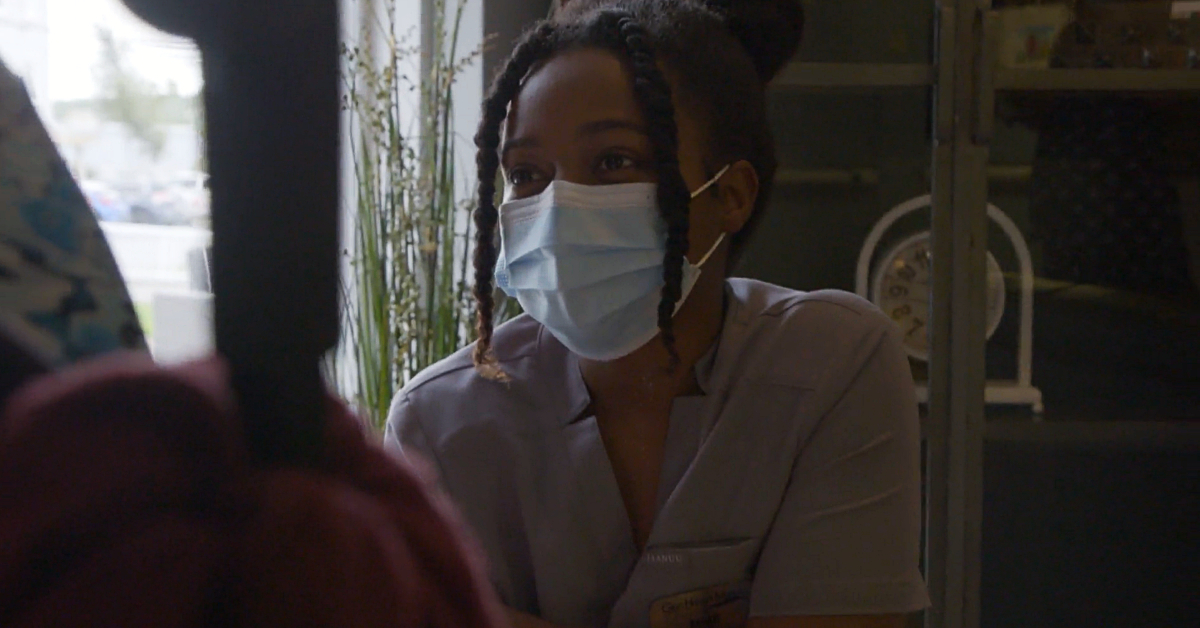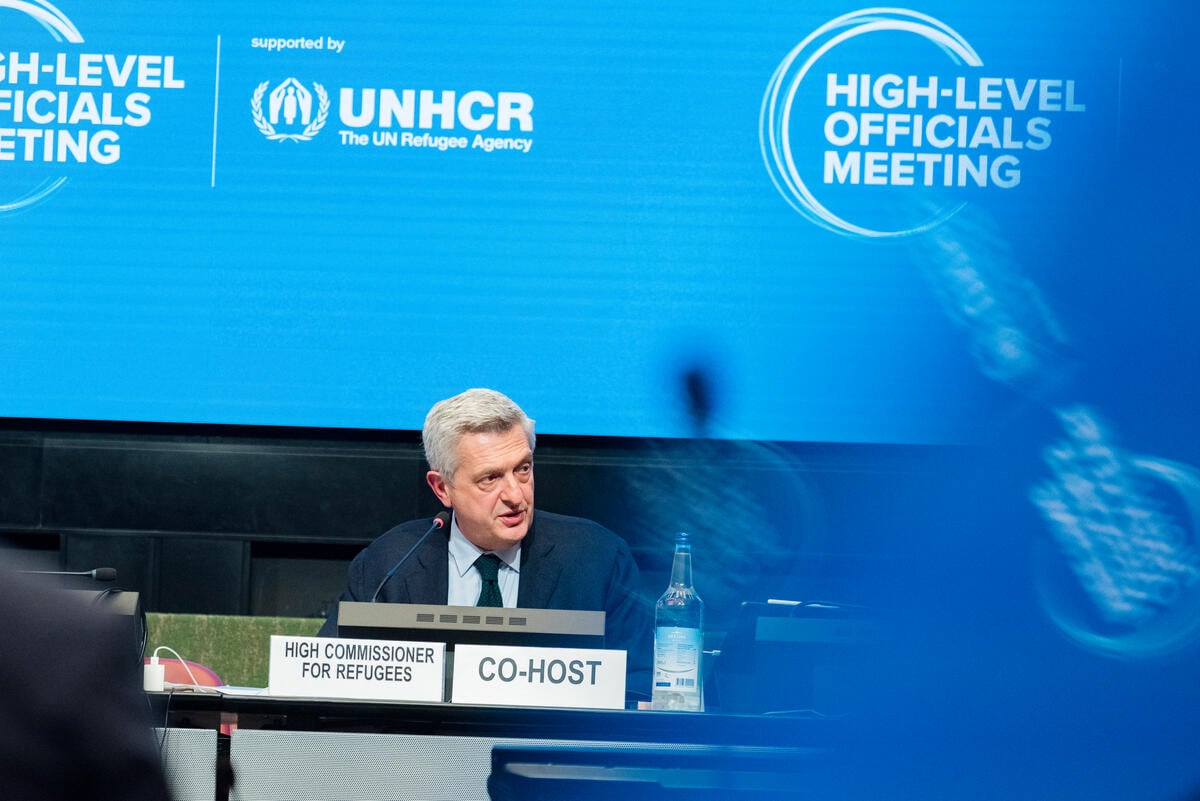Orphaned Somali sisters embrace new life in the US
Orphaned Somali sisters embrace new life in the US
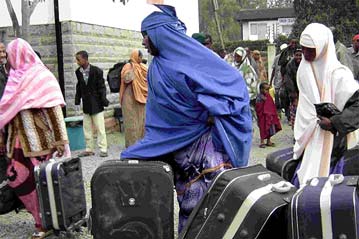
DADAAB, Kenya, August 25 (UNHCR) - The air is thick with anticipation at the refugee transit centre in Nairobi. People chat excitedly as they pile up their bags and pull their trolleys around. Sitting amid the sea of luggage and bustle of family festivities are three girls who look too young to be travelling on their own, but are nonetheless beaming with hope and enthusiasm.
Today, the orphaned Salat sisters - part of a group of 35 refugees - are embarking on what is hopefully the last leg of a long and arduous journey that has taken them from their native Somalia to Kenya and now, the United States.
Eldest sister Fatuma, 22, explains that they are flying to Seattle as part of the Asharaf group resettlement programme. The persecution of the Asharaf minority clan in Somalia has been widely documented. Their victimization was severely compounded after the fall of the Siad Barre regime in 1991, and they continued to suffer gross human rights abuses on account of their clan identity during the civil war.
In 1992, the Salat family had no other option but to flee Kismayo in south-eastern Somalia. "So many people fled with us, so many fell and died along the way," recalls Fatuma. "We were hungry and we saw our fellows die of starvation. Our father was one of those who perished along the roadside."
The sisters and their mother eventually arrived in Dagahaley camp in Dadaab, eastern Kenya, and settled there for 12 long years. But even in exile, they could not shake off the persecution and prejudices they thought they had left behind in Somalia.
"When we arrived in Dagahaley all those years ago, we were relieved to have fled the civil war, but clan rivalries persisted in the camp," says Fatuma. "There, like in Somalia, everyone wants to be a ruler. And as Asharaf we were the lowest of the low."
Life in the desert camp proved to be very harsh. "It was so pathetic, the way we lived," says Habiba, the middle sister, shaking her head with vigour. "Look at our housing! We could not cut trees down for wood so we had to make our homes out of blanket coverings. When the rains come, houses collapse and people die. We have seen it."
Fatuma adds, "Some people use cow dung to construct their homes, and then of course scorpions find the dung a good nesting place. Imagine living like this! Scorpions as your housemates!"
Other challenges included a shortage of food rations and the risk of malnutrition. "We were always hungry. We must sell our rations of maize to buy other necessities," says Habiba. "But we were not the only ones like this. Look around and there are so many examples of people who are hungry. They gave us hope through their endurance and will to survive."
In recent months, UNHCR and the World Food Programme have launched a series of appeals to highlight the shortage in food rations in camps across Africa due to severe under-funding.
For the Salat sisters, matters deteriorated when their mother died last year, leaving them to fend for themselves. Refugee camps are rarely safe havens for single women who have no male relatives to give them protection. Rape and attacks on women are serious concerns.
Habiba says it is routine for women fetching firewood to be raped, as men take advantage of their isolation in the bush. Fatuma adds, "When it begins to get dark, we resign ourselves to our homes, we can't move after that. Sometimes our neighbours look out for us and offer protection, but what can they do if we are attacked?"
The youngest sister, Rahma, acknowledges wearily, "In Somalia, it was worse - we feared for our lives. Here it is better, we only fear rape."
The number of rape cases in Dadaab peaked in the early '90s, and has fallen significantly as a result of efforts by UNHCR and the local authorities to improve security. For years, the refugee agency has been distributing firewood to the refugees so they don't have to risk their safety collecting it outside the camp. Refugees are also engaged in activities promoting awareness of sexual and gender-based violence.
Still, given the double vulnerability of the Salat sisters, resettlement was the only way UNHCR could guarantee their protection.
"The problem for the most vulnerable refugees is that they languish in a camp for many years without any other solutions or effective protection," says Sean Henderson, UNHCR's Senior Resettlement Officer in Kenya. "Resettlement is the solution that many refugees know is real and available."
But this option is not for everyone - voluntary repatriation and local integration are other refugee solutions preferred by UNHCR - and resettlement is limited to refugees who are extremely vulnerable. As such, the agency works hard to ensure that the most desperate refugees, like the Salat sisters, are the ones recommended for resettlement.
A UNHCR resettlement field worker at Dadaab confirms, "Identifying refugees facing grave danger is no small task, but now we have established profiling methods, where we can build up a picture of each refugee's case and predicament. This allows us to find the most vulnerable refugees."
Habiba explains, "We were in need of resettlement because where do we go from here? We can't go back to Somalia. We have nothing there, and at the camp, well, we are doomed to a life of fear."
Fatuma adds, "Of course we are bitter and angered when we think about what we have been through. But we are young and this is a new life for us and a future to look forward to. We can't remain angry, otherwise we would be eaten up by bitterness. We will go anywhere - to any place that can offer us a better life."
Having grown up in a refugee camp, the sisters are taking psychological steps towards a new life in America. They were recently transferred from Dadaab to the transit centre in Nairobi, where they spent a week preparing for their future and learning about life in the US.
Huddling together to keep warm in the Nairobi winter, the sisters admit, "We are scared and apprehensive, but we know that we will be safe and that's the main thing."
Habiba says she is excited about the prospect of enrolling in school. "I want to learn, take part in the educational opportunities and experience equal rights. We all want to have an education."
Resettlement is not going to be an easy process for them. How will they adjust and integrate? How will they establish new lives while preserving their own rich culture?
They sigh and with wide grins, explain: "Now we shall be able to take control of our lives. We know how to survive." And as the interview ends, Fatuma interrupts urgently, "Can we have the photos from the interview? We don't have a photo album - though perhaps we shall have one in America."
Since 2001, the UN refugee agency's resettlement operation in Kenya has helped more than 20,000 of the region's most vulnerable refugees to start new lives in third countries.
By Nicole Goldstein in Dadaab and Nairobi, Kenya

